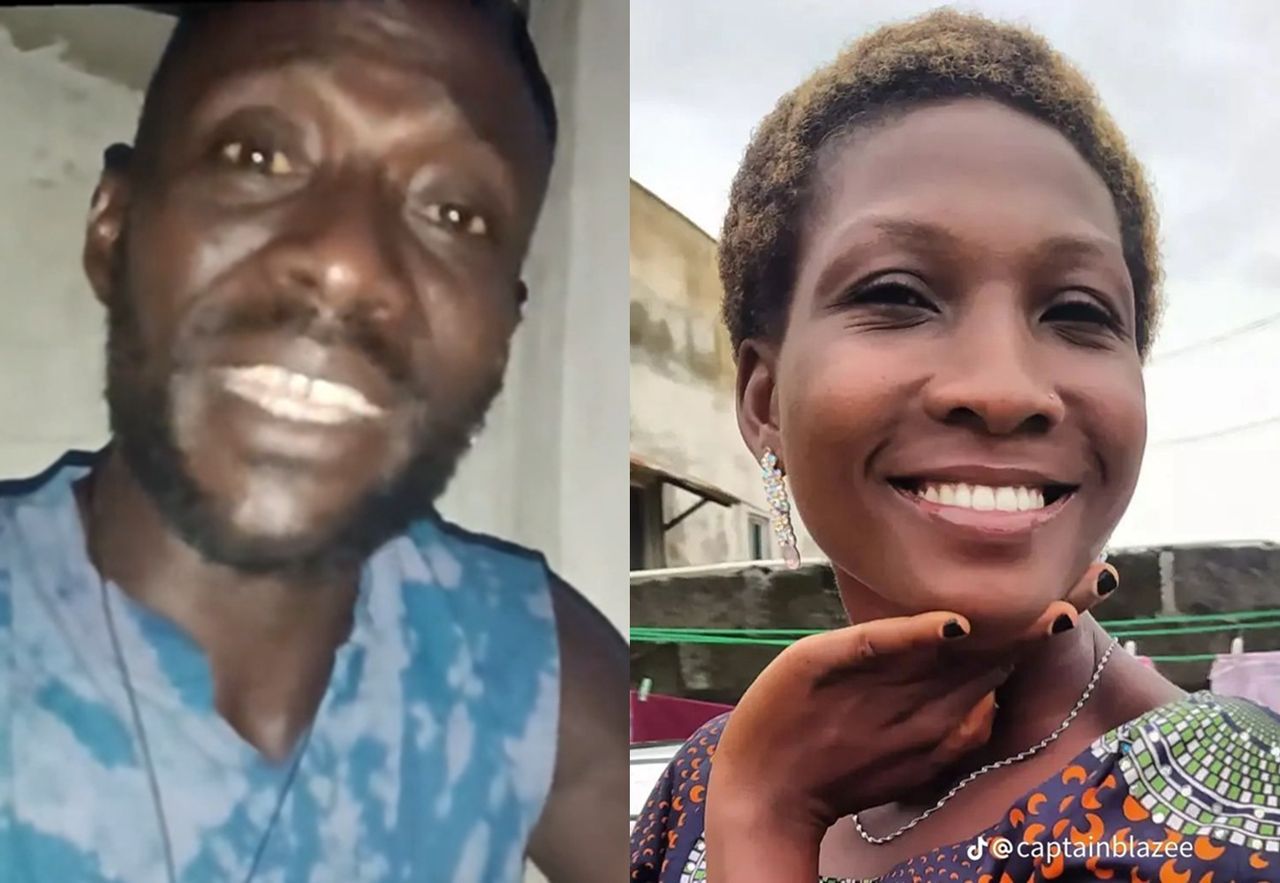
“I Saved Money, But I Didn’t Save Up to N500,000” — Man Opens Up After Losing His Wife Due to Inability to Pay Hospital Deposit

In a heart-wrenching revelation that has sparked a wave of sympathy and outrage, a Nigerian man has shared the devastating story of how his wife tragically passed away during childbirth after he was unable to pay a N500,000 hospital deposit. In a candid interview, the man, whose identity has been kept private, responded to criticisms that have flooded social media, clarifying the heartbreaking circumstances surrounding his wife’s death.
The tragic incident unfolded in early March, when the man, a middle-class worker with a modest savings account, found himself in an unbearable situation at a private hospital in Lagos. His wife, who was heavily pregnant, went into labor, but when they arrived at the hospital, they were informed that a deposit of N500,000 was required before any medical procedures could take place. Though the man had saved money for such emergencies, the required deposit was far beyond his financial reach.
The hospital, according to the man, insisted that no treatment could proceed without the deposit, despite his desperate pleas and the fact that his wife’s life was at risk. In his effort to scrape together the funds, he reached out to friends and family, but time was running out. By the time the money was raised and the deposit was paid, it was tragically too late. His wife passed away during childbirth, leaving behind a grieving husband and an unborn child who did not survive.
The man’s story has since gone viral, with many expressing anger and frustration over the hospital’s refusal to offer compassion in a life-and-death situation. But in an emotional response to the growing backlash, he explained that while he had saved money for emergencies, he had never anticipated that he would face such a large, upfront financial requirement.
“I saved money, but I didn’t save up to N500,000,” he said, his voice breaking with emotion. “It wasn’t that I didn’t try. I never imagined that in a situation like this, where life is at stake, the hospital would prioritize money over the life of a woman and her baby.”
The criticisms of the man’s financial preparation have been swift and widespread, with many social media users arguing that he should have been more diligent in saving for such an emergency. Some have even gone so far as to accuse him of negligence, claiming that the N500,000 deposit was not an unusually high amount and that he should have known better. These comments, however, have been met with strong opposition from those who argue that no one should have to choose between life and death due to financial constraints.
“This is a system failure,” one commenter wrote. “How can someone be expected to save a half a million naira for an emergency they never planned for? Hospitals should be focused on saving lives, not just on how much money a patient can pay upfront.”
Others have pointed to the larger issues facing Nigeria’s healthcare system, where private hospitals often operate with a focus on profit over care, and where public hospitals are overcrowded and underfunded. The man’s tragic loss underscores the deep flaws in the country’s medical infrastructure, where access to quality care is often determined by one’s ability to pay, rather than the urgency of the situation.
In his interview, the grieving husband expressed his disbelief at the system that allowed this tragedy to unfold. “I don’t understand why the hospital couldn’t start the treatment while we were arranging the deposit,” he said. “They could have taken her in, stabilized her, and then waited for the payment. But no, they insisted on the full deposit first. The medical staff stood there while my wife was suffering, and it was all about money. It’s unimaginable.”
The man also acknowledged the criticisms that have been leveled against him, particularly the suggestion that he should have prepared for the worst-case scenario. “People say I should have saved more. Maybe I should have, but it’s not always that simple,” he said. “Life in Nigeria is difficult. I have bills to pay, a family to take care of, and saving such a large amount of money for an emergency is not always realistic, especially when you don’t know when or where that emergency will happen.”
The man’s emotional response highlights a broader issue of financial inequality in Nigeria, where millions of people live paycheck to paycheck and struggle to afford basic healthcare. The N500,000 hospital deposit, while significant to many, is a sum that is out of reach for a large percentage of the population. For many Nigerians, even a small medical emergency can become a financial catastrophe, leaving them with impossible choices and devastating consequences.
Despite the growing public outrage over his wife’s death, the hospital in question has remained largely silent. There has been no official statement from the management, and attempts to reach them for comment have gone unanswered. This silence has only fueled further anger from the public, who are demanding accountability for the hospital’s refusal to treat the woman before the deposit was paid.
In the wake of this tragedy, calls for reform in Nigeria’s healthcare system have intensified. Many Nigerians are advocating for policies that would require hospitals to treat patients in urgent need of care, regardless of their ability to pay upfront. Others are calling for greater transparency and oversight in the healthcare sector, where corruption and greed are often cited as contributing factors to the country’s failing medical infrastructure.
For the grieving husband, the pain of losing his wife is compounded by the guilt of feeling that he could have done more. But he insists that the fault does not lie solely with him. “No one should have to go through what I went through. No one should lose a loved one because they can’t afford a deposit,” he said. “It’s a tragedy that could have been avoided.”
As the man continues to mourn his wife, he has vowed to use his voice to advocate for change, hoping that his story will bring attention to the larger issues that affect so many Nigerians who struggle with inadequate healthcare. “I don’t want my wife’s death to be in vain,” he said. “If I can help make sure this doesn’t happen to someone else, then I’ll do everything I can.”
In the midst of his pain, he has found strength in the support of his family and friends, as well as the outpouring of sympathy from the public. “I may have lost my wife, but I’m not alone,” he said. “I have my children, and I have the love of people who care.”
This tragic story serves as a stark reminder of the deep inequalities that persist in Nigeria’s healthcare system and the need for urgent reforms. No one should have to choose between saving a life and paying a deposit, and no one should have to suffer the loss of a loved one due to a financial constraint that was beyond their control. The grieving husband’s message is clear: life should never come with a price tag, and the healthcare system must put people before profits.


